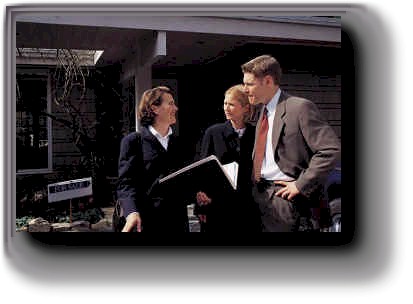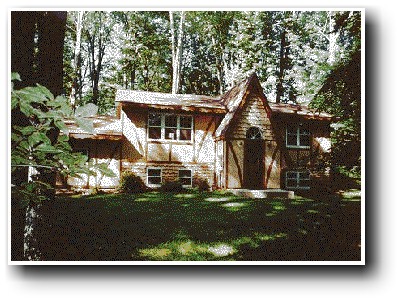Title: Buying Investment Property
Author: Steve Gillman
Article:
First a little story about buying investment property.
My wife and I stayed at a motel in Tucson for a week one winter.
Our bill was for twice what it should have been, but since I
already paid the correct amount in cash, I thought nothing of
it. During our stay, we noticed that the lobby and swimming pool
were unheated, and passed it off as frugality. A year later,
however, when I read a news story about a new owner struggling
to make the motel work, I realized what was really going on.
To prepare the motel for sale, the owner had been using the two
most basic ways to inflate the appraised value: decrease
expenses and increase reported income. Stopping repairs, turning
down the heat, and quietly adding $100 in income to the books
every day, might have increased the net income for the year by
$45,000 more. With a .08 capitalization rate, that means the
appraisal would come in $562,000 higher than it should have.
Imagine the the poor guy who overpaid!
To avoid a mistake like this when buying investment property,
you need to watch for tricks like these. You also need to
understand the basics of appraising income property.
Valuation of income properties start with the capitalization
rate, or "cap rate." When investors in an area expect a return
of 8% on assets, the cap rate is .08. The net income before debt
service is divided by this to arrive at the value of a property.
This is expleained further in another article, but the primary
point to remember is that every dollar of extra income shown
will increase the appraised value by $12.50 with a cap rate of
.08 (Or, for example, by $10, if the cap rate is .10).
<b>Avoid Dirty Tricks When Buying Investment Property</b>
When sellers of income properties increase the net income by
honest means, the property should sell for more. However, there
are many dishonest ways, both legal and fraudulent, that are
sometimes used. Sellers of houses may cover foundation cracks
with plaster, but the tricks used by sellers of income
properties aren't about appearance. These tricks are about
income and expenses.
One way income can be inflated, is by showing you the "pro
forma," or projected income, instead of the actual rents
collected. Demand the actual figures, and check to see that none
of the apartments listed as occupied are actually vacant. See if
any of the income is from one time events, like the sale of
something.
The income from vending machines is a gray area. Many smart
investors subtract this from the net income before applying the
cap rate, then add back the value of the machines themselves.
For example, if laundry machines make $6,000, that would add
$75,000 to the appraised value (.08 cap rate), if you included
it. However, since they are easily replaceable, adding the
$10,000 replacement cost instead makes more sense.
The other important tricks sellers play involve hiding expenses.
These can include paying for repairs off the books, or just
avoiding necessary repairs for a year. This can dramatically
increase the net income, meaning you pay more for the property.
It also means you have less income than expected, and deferred
maintenance to catch up on.
Ask for an accounting of all expenditures. If a number in an
expense category is suspicious, replace it with your own best
guess. Then re-figure the net income.
Look at each of the following, verifying the figures as much as
possible, and substituting your own guesses if they are too
suspect: vacancy rates, advertising, cleaning, maintenance,
repairs, management fees, supplies, taxes, insurance, utilities,
commissions, legal fees and any other expenses. Do your
homework, and avoid seller's tricks when buying investment
property.
About the author:
Steve Gillman has invested in real estate for years. To learn
more, get a free real estate investing course, and see a photo
of a beautiful house he and his wife bought for $17,500, visit
<a
href="http://www.HousesUnderFiftyThousand.com">http://www.HousesU
nderFiftyThousand.com</a>
|
|

